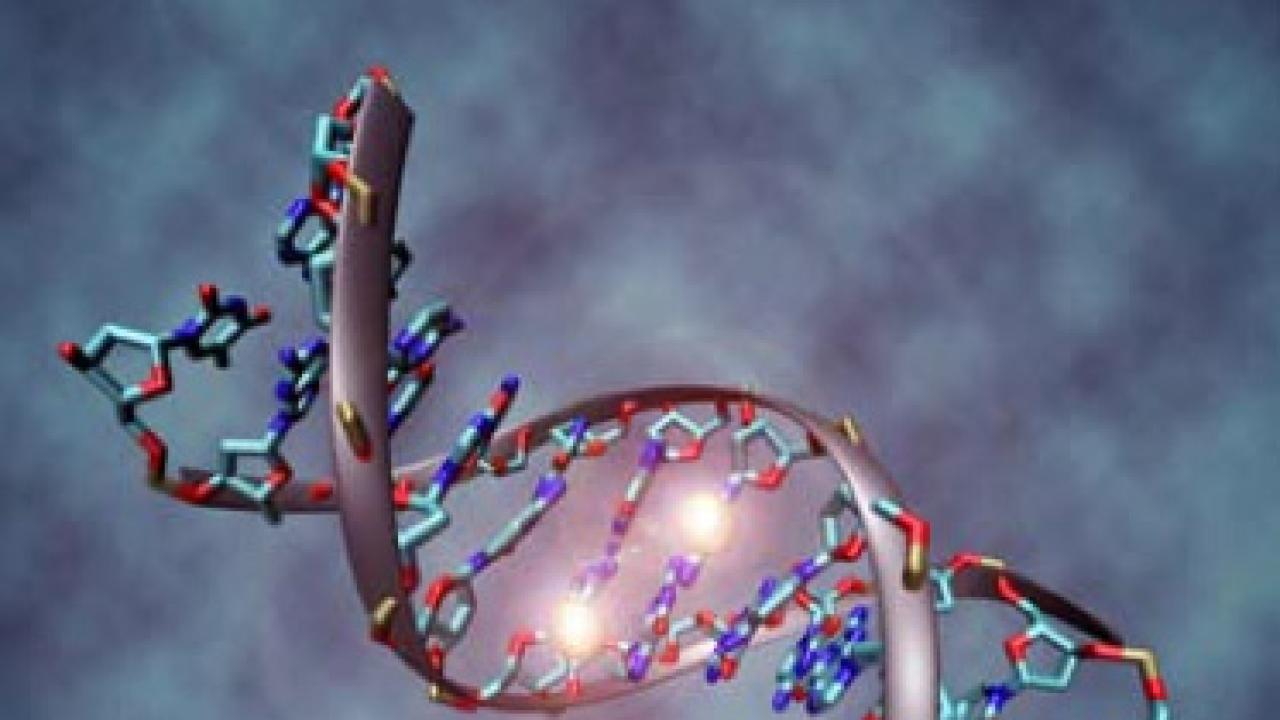
Former ICTP senior postdoctoral fellow Areejit Samal has co-authored a paper appearing in the 12 June issue of Physical Review Letters. The paper, highlighting research that Samal performed while at ICTP, solves a long-standing problem in statistical genetics concerning the probabilities of recombinant inbred lines (RILs), which are generated by repeated inbreeding.
Geneticists John Haldane and Conrad Waddington had solved the problem when considering two or three genes, but deriving the probabilities of RILs in the case of 4 or more genes has remained an elusive challenge. Samal's paper, which he co-wrote with Olivier Martin of the French National Institute for Agricultural Research, solves the problem using a clever combination of condensed-matter and quantum field theory techniques.
 |
|
Figure illustrates the production of many recombinant |
"Extending Haldane and Waddington's results to 4 or more genes has seemed insurmountable since that seminal paper of over 80 years ago," says Samal. "Yet, in this work, we provide the generalization of the formulas to any number of genes. The key to our solution is the exploitation of framework equations developed by Nobel physicists Roy Glauber and Julian Schwinger. Surprisingly, the associated formulas involve only the standard four operations (addition, subtraction, multiplication and division) and can be produced automatically," he explains.
Samal, who maintains his affiliation with ICTP as a Simons Associate, adds that these multi-variate probabilities can be included in genetic analyses, while extensions of the framework could provide mathematical solutions to other interdisciplinary problems with many correlated variables.
The paper is titled Statistical Physics Methods Provide the Exact Solution to a Long-Standing Problem of Genetics (DOI: 10.1103/PhysRevLett.114.238101).
















